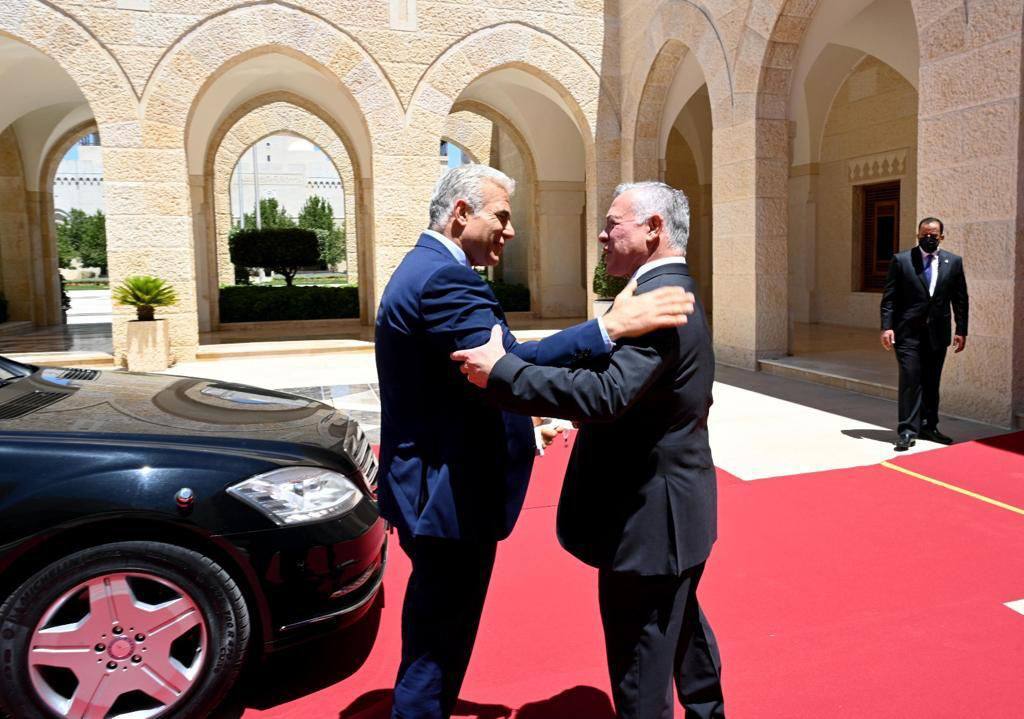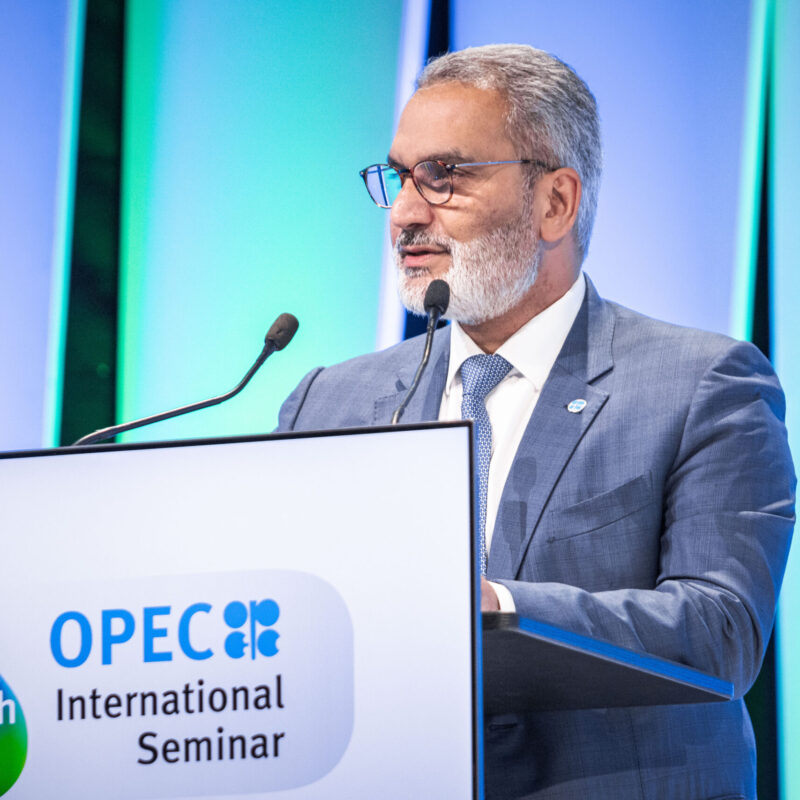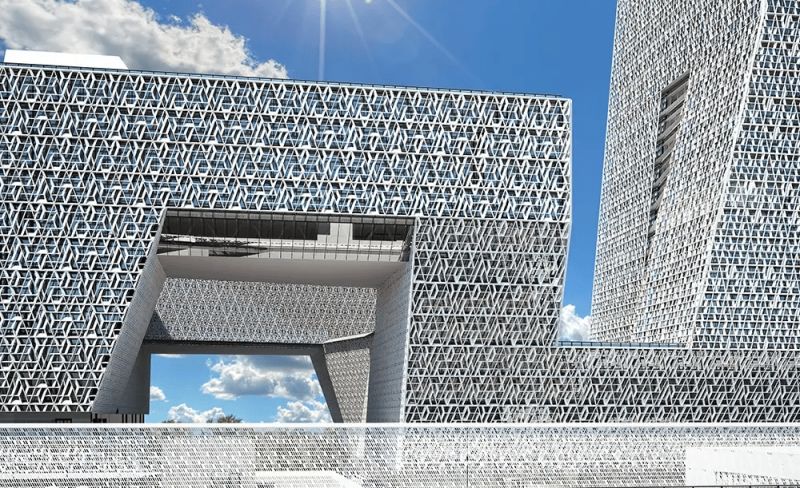
Israel Government Press Office
Three decades on, Israel-Jordan border project revives hope for peace dividend
Building up Jordan Gateway industrial park and opening new bridge should benefit both economies, but frostiness lingers
Nearly three decades after signing a peace treaty, Israel and Jordan took a tiny step forward toward warming relations this week with the announcement by Israeli Prime Minister Yair Lapid that his government would accelerate a neglected project to...



